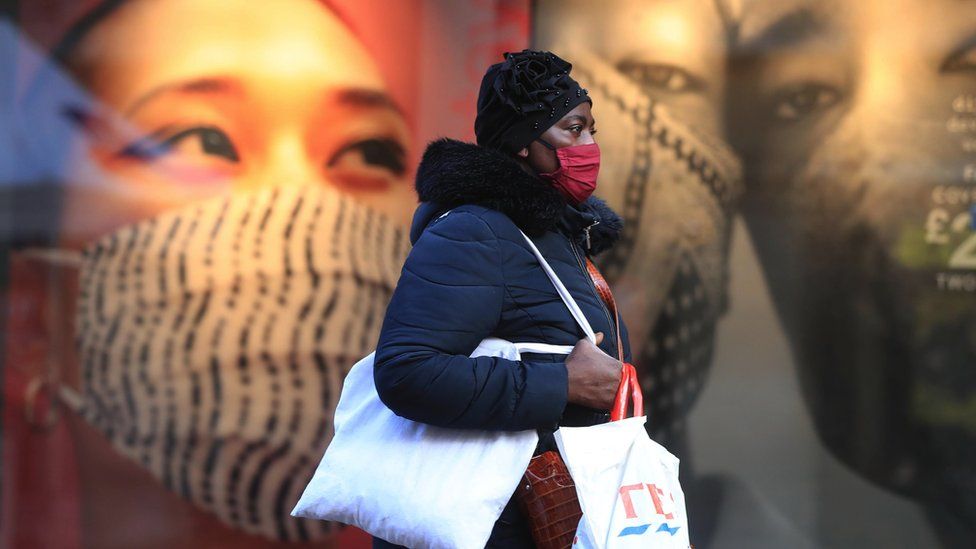According to testimony provided to the Covid inquiry, the UK's public services were "depleted" and health disparities were on the rise when the coronavirus pandemic hit.
Prior to 2020, a decade of austerity meant that the country's health had already begun to deteriorate, according to two experts.
In connection with the open hearings on the UK's pandemic preparedness, a report from professors Sir Michael Marmot and Clare Bambra was submitted.
Those who belong to ethnic minorities and poor regions were particularly impacted.
According to their report, more effort should have been made to lessen the extra risks that Covid exposed such vulnerable groups to. .
The inquiry also heard about mounting pressures on the NHS, with treatment wait times prior to the pandemic being twice as long as they were in 2009.
With "great pressure" on the current staff, the number of open positions for physicians and nurses was already rising.
Additionally, life expectancy in the UK was already dropping.
It had been rising steadily up until 2010, but after that, improvements stopped. The socioeconomic groups with the greatest declines were typically the most disadvantaged.
- Going through what occurred and drawing lessons from it are the goals.
- There won't be any convictions or exonerations.
- Governments are not obligated to follow any recommendations made.
- The investigation has no set end date but is scheduled to hold public hearings until 2026.
- In addition to the UK-wide investigation, a separate one is being conducted in Scotland.
Prior to the pandemic, Sir Michael testified to the inquiry, funding for social care and public health had decreased, especially in the nation's most impoverished regions.
People who lived in less affluent areas, members of racial or ethnic minorities, and members of other vulnerable groups felt the effects the most because they were sicker than others.
"To put it simply, the UK entered the pandemic with its public services depleted, health improvements stalled, health inequalities increased, and the health of the poorest people in a state of decline," said Sir Michael.
The swine flu outbreak, according to experts, provided a warning about which populations might be most vulnerable to a pandemic.
In prior government pandemic planning reports, according to Prof. Bambra, there was "little reflection" on the groups most likely to be at risk.
Sir Michael added that reducing health disparities and developing plans for better health were essential.
He stated that his general opinion was that, when looking at the evidence from prior pandemics, including the one we are currently considering, the impact of the pandemic is greatly influenced by pre-existing societal inequalities, including inequalities in health. ".
He continued, "You have to plan for better health and narrow health inequalities, and that will protect you in the pandemic. It's not just about whether there was a report about planning for a pandemic somewhere in the government.
. "







